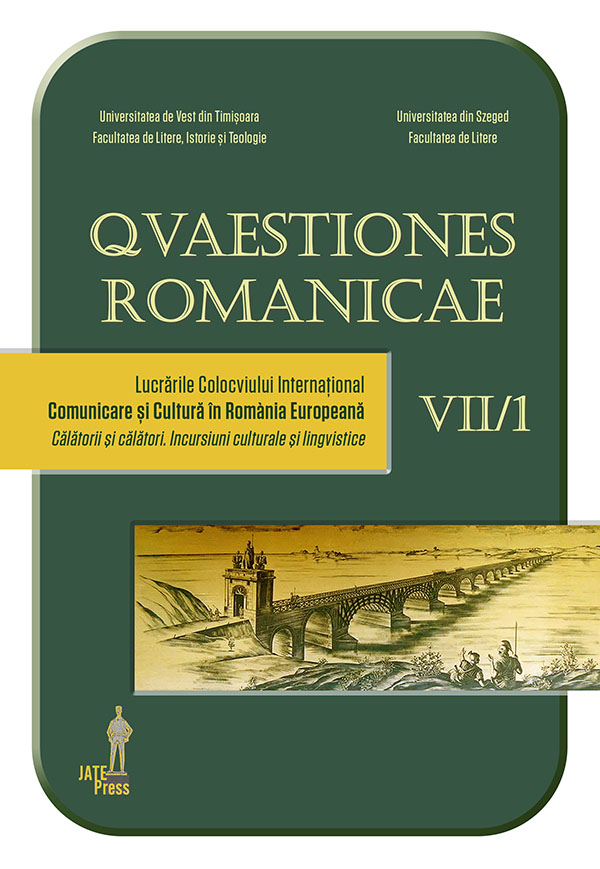Schiță pentru o geografie a imaginarului roman
Abstract: (Outline for a Geography of the Roman Imaginary) If we understand the imaginary as an extension of reality that enriches and, in the same time, reinterprets it, integrating the flow of sensitivity, collective mentality and personal experience into a full functional unity, then the system of laws that govern this imaginary must essentially be the same as for the reality. From this perspective, it is justified to speak of a geography of the imaginary, a geography capable of revealing the position and characteristics of those imaginary objects that can function as “places” on a virtual map that lends most of its landmarks from the real world. This communication aims to identify, for the case of the Roman imaginary, the geographical and social coordinates of some of its essential components, as described in Latin literary works from republican era and first centuries of the imperial era. The main objective of this study is to analyse the evolution of the Roman imaginary in the context of a continuous expansion, in the studied age, of knowledge about the world and, consequently, of the “territory” claimed by reality.
Keywords: imaginary, roman, geography, Latin literature, knowledge.
Rezumat: Dacă acceptăm că sistemul de legi care guvernează imaginarul este, în esenţă, acelaşi după care se organizează şi realitatea, este justificat să vorbim despre o geografie a imaginarului, înțeleasă ca un sistem de organizare coerentă a acelor elemente imaginare asimilabile unor spații sau „locuri” pe o hartă virtuală care își împrumută majoritatea reperelor din lumea realǎ. Acest articol își propune să identifice, pentru cazul particular al imaginarul roman, coordonatele geografico-sociale ale unora din componentele sale esenţiale, așa cum sunt ele descrise în literatura latină din perioada republicană și prima parte a perioadei imperiale. Principalul obiectiv al studiului este analiza evoluției imaginarului roman în contextul unei continue expansiuni, pe parcursul perioade studiate, a cunoașterii despre lume și, în consecință, a „teritoriului” revendicate de realitate.
Cuvinte-cheie: imaginar, roman, geografie, literatura latină, cunoaştere.
